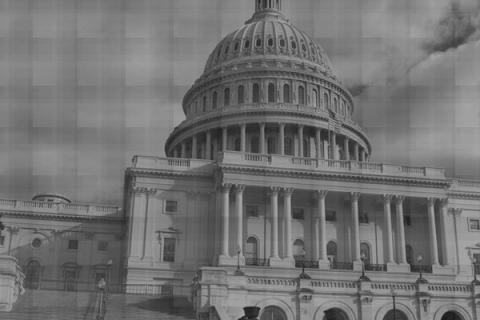This week, President-elect Barack Obama selected Nobel Prize winner andCaliforniaresident Steven Chu to serve as his energy secretary in the incomingadministration. On the surface, this pick appears to be a ratherinspiredchoice -- after all, how often is it that a man with a Nobel Prize inscientificresearch actually has the policy chops to work in a presidentialadministration? No doubt, coming off the heels of such choices as GaleNorton,countless of the supposed advocates of "competence" are getting smalltingles down their spine. To make matters even more interesting, Chuappears highly energy-efficient himself, as he is apparently capableof teaching himself how to play tennis simply by reading a book. Nowaste forthis man!
At the risk of dashing my Californian pride, it seems that someone has to pointout that any joy over Steven Chu's appointment is utterly misplaced. Yes, Chuis a brilliant scientist who has won a Nobel Prize. Unfortunately, his NobelPrize has nothing to do with energy. Rather, it was won due to hiswork on laser cooling and atom trapping, with Chu'srecent work on energy being an uncharacteristic deviation from the work forwhich he is most well-known. But still, one might say that a Nobel Prize winnerin science is a good person to have around whatever field he won the prize in --after all, aren't brilliant scientists often level-headed, data-driven,practical people?
No, no, and hell no. Even the most cursory look at Steven Chu's paper trailwill show that Obama's appointment probably has very little todo with his actual scientific expertise and everything to do with Chu'snigh-hysterical advocacy of the theories of a much-less-credible Nobel Prize winner.
Among Mr. Chu's more mundane quotes, a few pricelessly absurd gems stick out,which speak volumes about the potential energy secretary's predispositions.Among other things, Chu has argued that the problem ofglobal warming is akinto being told that your house will burn down. If such alarmist rhetoric isnot enough to raise skepticism, not to worry.
If this interviewwith the Taipei Times is any guide, Mr. Chu's mouth seems to have a policy ofextending constant invitations to his foot. When asked what the options are incombatting global warming, Mr. Chu responded "We want it to be bad, butnot awful. In order to keep it at just 'bad,' we have to immediately startdecreasing the amount of energy we use." And how are we to do this, one mightask? Why, by micromanaging the brightness of lights and the colors businesses can use to paint their roofs!
"The lighting in this buildingdoesn't really have to be as bright as it is," Chu sniffs in theinterview, adding later on that "if you have a building with a flat roof,and you make the roof white, such as using white pebbles instead of dark ones,depending on the shape of the building, you can be reducing 10 to 20percent of the air conditioning load." One presumes that the interviewerdidn't have time to ask Mr. Chu if we should inflate our tires.
Now, let's be quite clear about something. Chu may beright - in fact, he probably is right - that these things would lower thedemands on existing sources of energy by a small amount, but a few marginalchanges do not an energy policy make. Considering that Chuhas written off two of the most productive possible future sources of energy,one is left wondering what exactly he would propose in their place. These arequestions that must be asked of the president-elect's pick, and unfortunately,they are questions that are unlikely to be asked by the Democratic congress.
